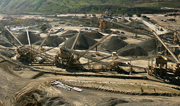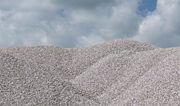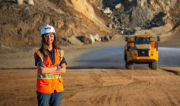Construction Materials
National Research Laboratory
Vulcan’s National Research Laboratory has significantly advanced the performance of concrete and driven the creation of new, innovative and cost-effective solutions that are making an impact today.
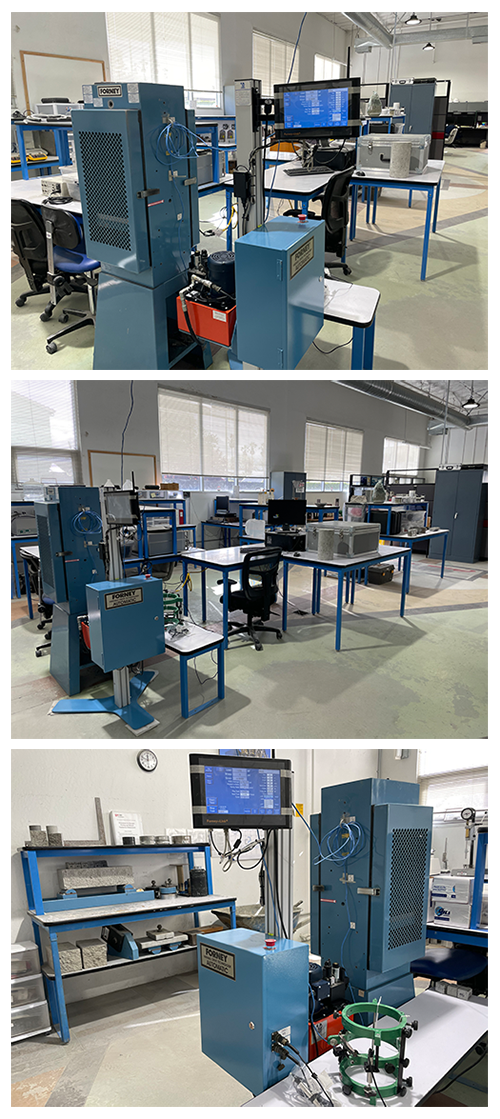
The National Research Laboratory engineers superior concrete mixes using alternative cement materials.
These new mixes not only outperform traditional concrete mixes relative to set times and early strength, but significantly reduce the products carbon footprint.
Many of these products have sprung from our Environmentally-Friendly Initiative (EF Technology).
We have also developed and brought to market Vulcan’s Aridus, an innovative product that addresses Rapid Drying Concrete. This proprietary mix dries faster than conventional mixes, allowing flooring materials to be installed faster and more effectively – avoiding costly flooring failures.
Our mission at Vulcan’s National Research Laboratory is to initiate and work with partners on fundamental research and then pursue and develop commercially viable solutions that address the needs of owners, developers, architects and engineers.
We are proud to have collaborations with academic research teams, U.S. national and federal laboratory and research centers, and companies contributing to low-carbon concrete solutions.
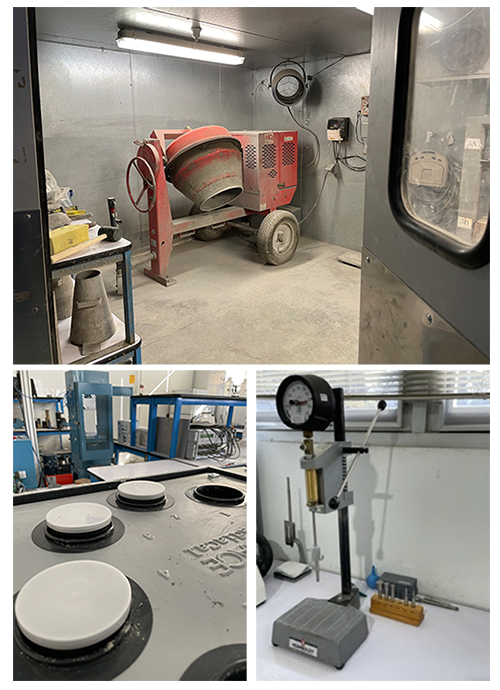
Researching Environmental Conditions: Temperature & Humidity
Our Batch Room is temperature and humidity controlled. It can operate from 50 degrees Fahrenheit to 100 degrees Fahrenheit and from roughly 30% relative humidity to 100% relative humidity.
Having the ability to control temperature and humidity in the Batch Room allows us to experiment with different environmental conditions and see how those conditions affect the performance of concrete.
We test new materials and support in optimizing low-carbon concrete mix designs by testing properties such as workability, set time, and early age strength under diverse environmental conditions. These environmental controls are crucial for advancing the use of the lowest carbon concrete mixes while maintaining project schedule and structural material requirements year-round.
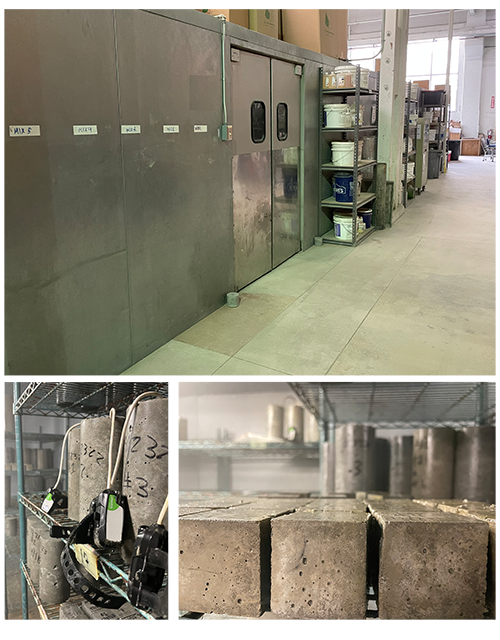
Proper Sample Storage
Often you will see concrete samples stored in troughs filled with water. If they are not properly maintained, they can actually leach vital components and hydration products out of the concrete. To eliminate this issue, we store all of our concrete samples in a temperature and humidity controlled “moist room”.
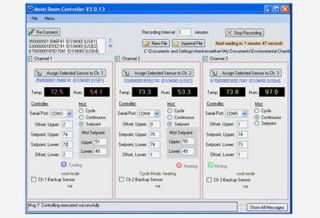
Computer-Controlled Environmental Chambers
All three of our environmental chambers are controlled from a web-based application. This application will alert us if any chamber is operating outside of the temperature or humidity tolerances that were set. We can dial-in remotely and solve the problem if a chamber should move out of tolerance.
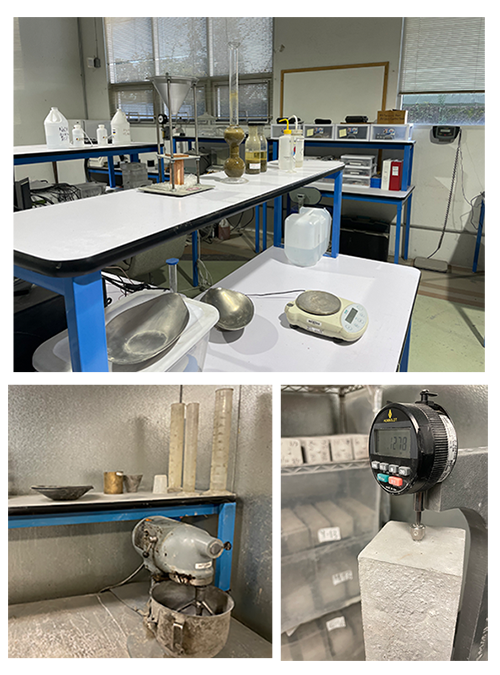
Investigating Unique Local Challenges: Materials and Environment
Though concrete is being poured throughout the country every day, the construction industry is far from monolithic. Each area of the country has unique challenges, which makes a one-size-fits-all product very rare. To ensure that we are meeting the unique needs of each local market, we begin our investigations using mortar.
This gives us a great deal of flexibility – allowing us to look at several multiple material combinations (such as different water/cement ratios, cementitious combinations and admixture combinations) under various environmental conditions.
The material evaluation process continues from mortar mixes to laboratory concrete batching and testing that further leads to larger-scale field testing with Vulcan’s regional quality assurance departments.
The research lab has testing capabilities that include drying shrinkage, compressive strength, flexural strength, splitting tensile strength, internal relative humidity, and modulus of elasticity. These tests are used to demonstrate the ability of aggregates to optimize concrete mixes, the achievable concrete performance of new constituents, and concrete mixes with the lowest embodied carbon.

